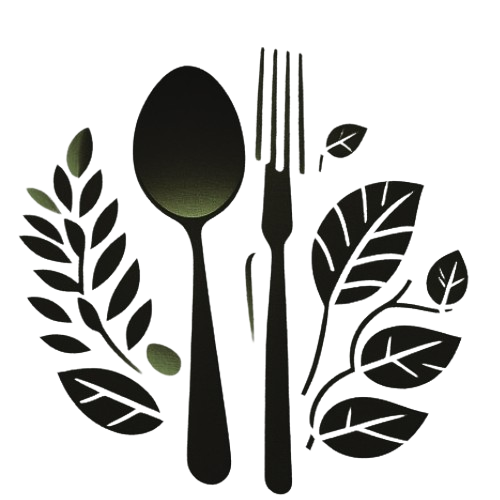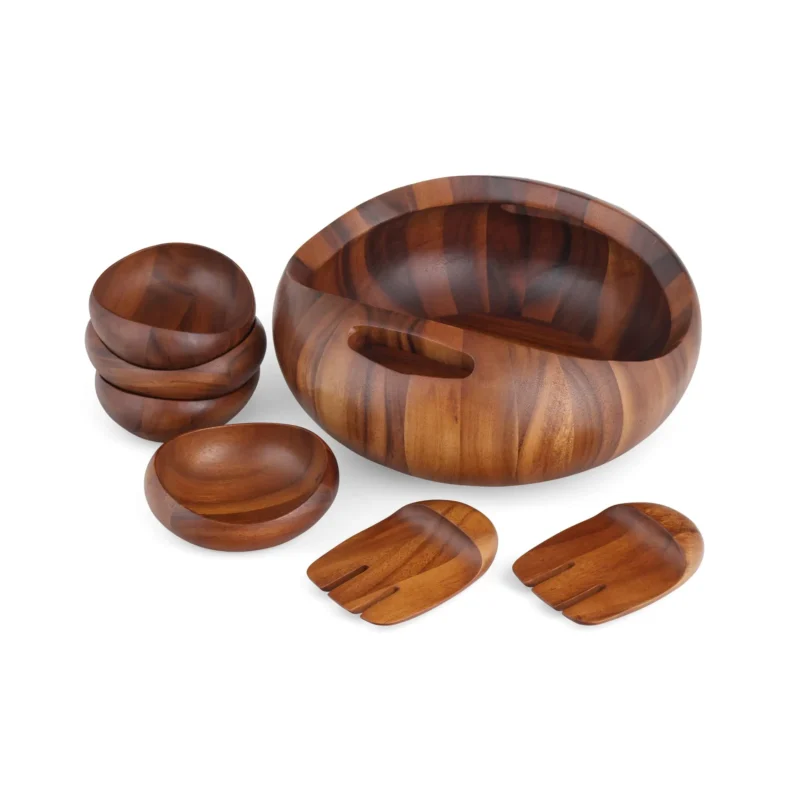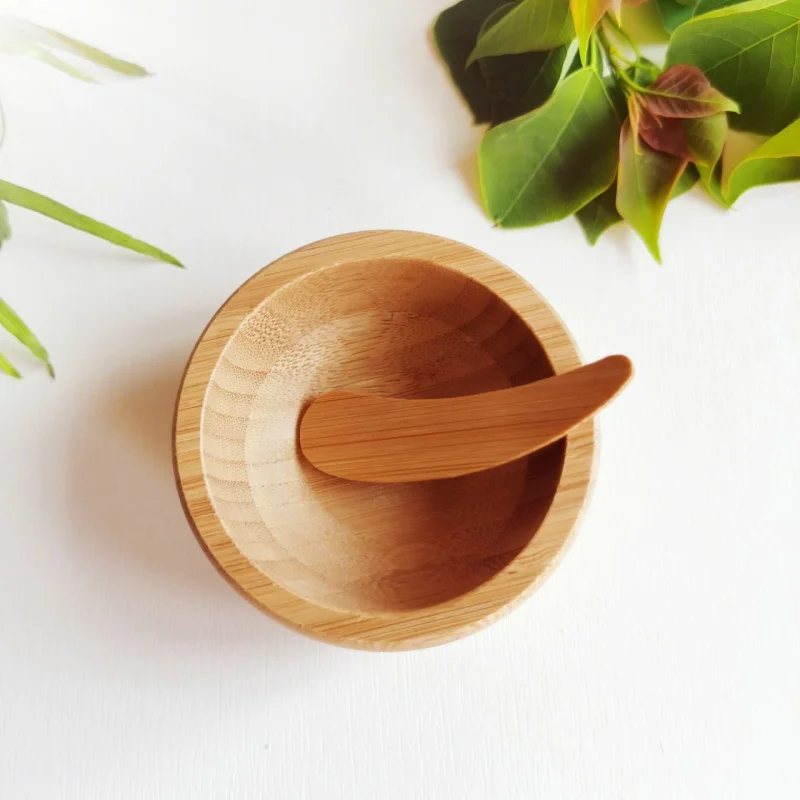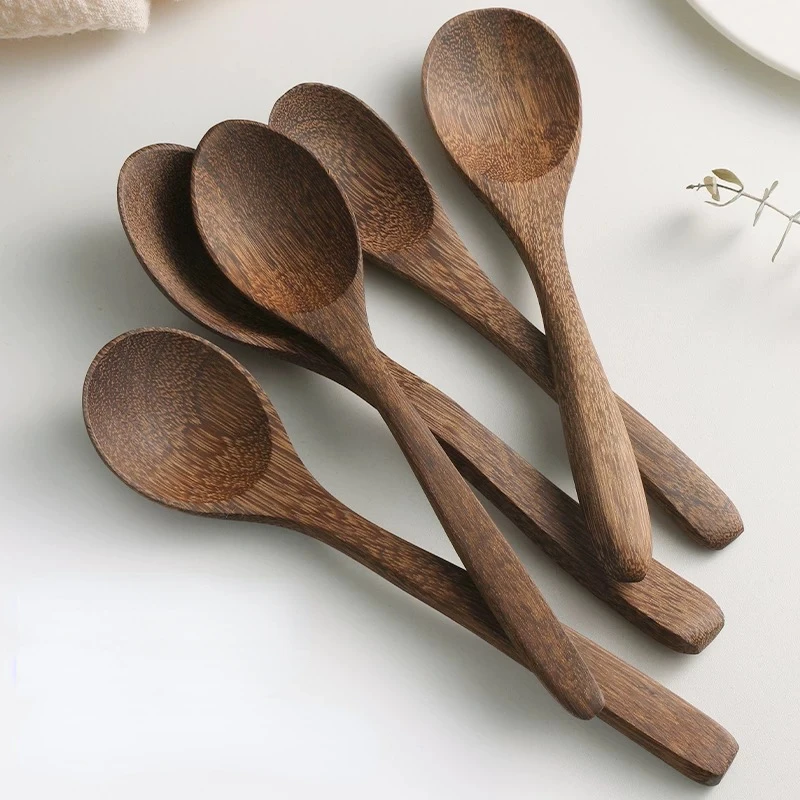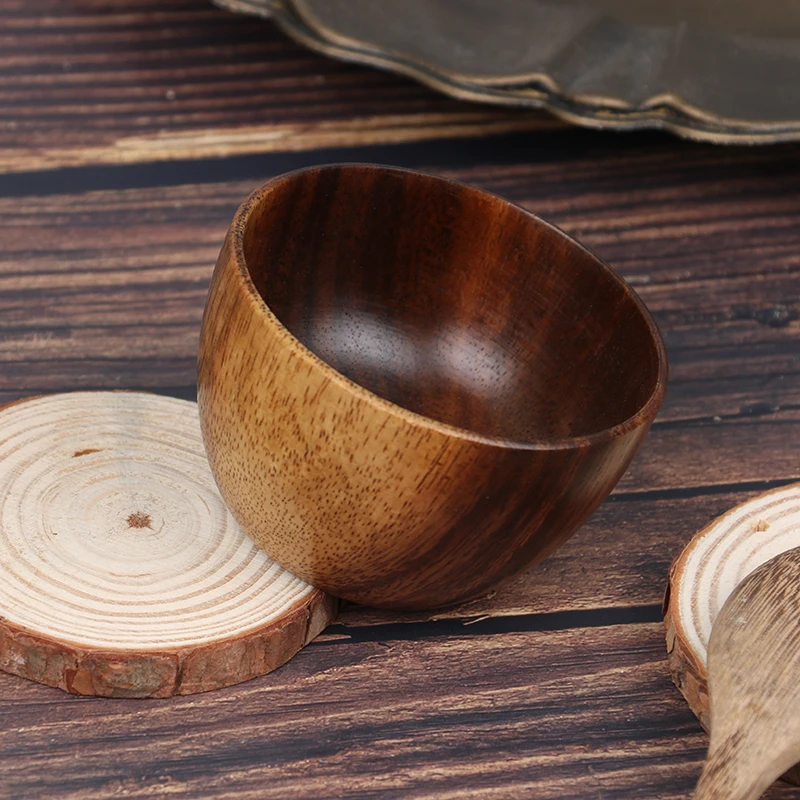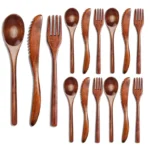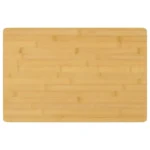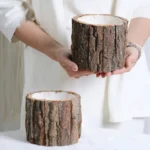Introduction to Wooden Utensils
Wooden utensils have been utilized in kitchens for centuries, providing a timeless appeal while offering numerous advantages over their metal and plastic counterparts. This blog post will explore the benefits of using wooden utensils in your kitchen, including their durability, safety, and sustainability.
Durability and Longevity
One of the primary benefits of wooden utensils is their durability. Unlike plastic, which can warp or melt, or metal that can scratch your cookware, wood is robust and can last for many years with proper care. Wooden spoons and spatulas do not react with acidic or alkaline foods, ensuring that they retain their shape and integrity throughout their lifespan. The natural properties of wood also make it less prone to damage, making it an excellent choice for daily cooking.
Safety for Your Cookware
Another significant advantage of wooden utensils is their gentle nature. They are less likely to scratch or damage non-stick coatings on pots and pans, unlike metal utensils. Furthermore, wood does not conduct heat, making wooden spoons safe to use when cooking over hot surfaces, reducing the risk of burns. By using wooden utensils, you protect your cookware investment while ensuring a safer cooking environment.
Environmentally Friendly Choice
In today’s eco-conscious society, choosing sustainable options is essential. Wooden utensils are biodegradable and can be sourced from renewable resources. Companies that produce wooden kitchen tools often prioritize responsible harvesting practices, ensuring that the materials used do not contribute to deforestation. By opting for wooden utensils, you not only enhance your cooking experience but also make a positive impact on the environment.
